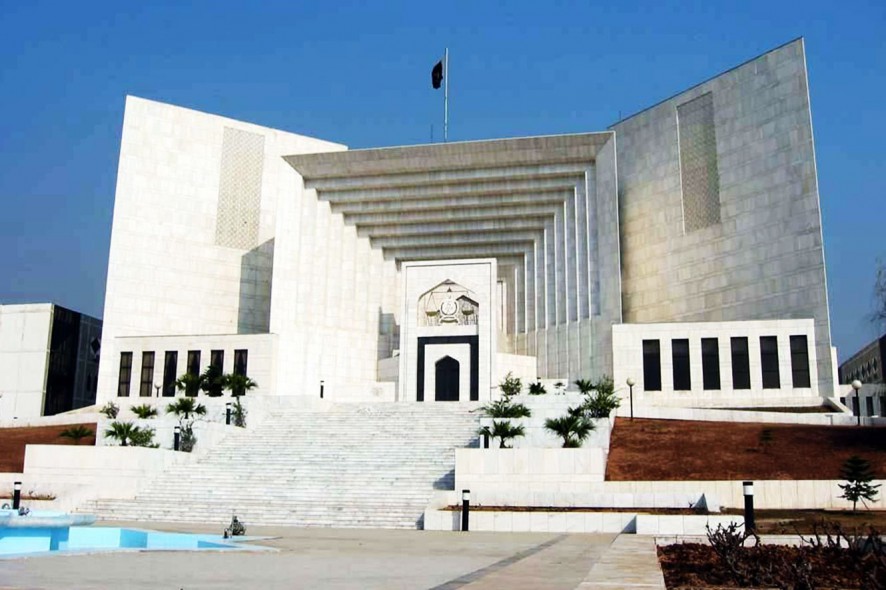Supreme Court of Pakistan: While upholding the conviction and sentence of the appellant in the high profile assassination of Salman Taseer, the then Governor of Punjab province, on allegations of blasphemy, the 3 Judge Bench of A.S.K. Khosa, Mushir Alam and D.M. Khan, JJ., observed that seeking reforms in a manmade law in respect of a religious matter for its better enforcement does not ipso facto amount to criticizing the religious aspect of such law i.e. demanding reforms in religious laws does not amount to blasphemy.
As per the facts of the case, Salman Taseer was brutally assassinated by the appellant who was his security guard, for openly standing up in support for a Christian lady accused of blasphemy and calling the blasphemy laws enforced by General Zia-ul-Haq as “black law”. The counsel for the appellant Mian Nazir Akhtar argued before the Court that, the appellant’s act was in sync with the religious obligations imposed on a devout Muslim to kill an apostate. It was further contended that a murder committed by the appellant was due to extreme provocation by the deceased Governor, therefore the act does not fall under the ambit of Section 302(b) of Pakistan Penal Code (PPC). Advocate-General Mian Abdul Rauf, appeared before the Court on behalf of the State.
The Bench perused the concerned verses of Holy Quran and Section 295-C of PPC dealing with blasphemy and observed that, in a democracy the citizens have right to express their voices over laws that they feel to be regressive or violative of rights. Seeking reformation in religious laws does not amount to criticism of the religious laws of the land. The Court further cited that how the Hudood laws enacted in 1979 were amended in the wake of severe protests over their misuse against religious minorities. A bare reading of the definition of blasphemy contained in Section 295-C of PPC shows that the statutory definition restricts blasphemy to defiling the sacred name of Prophet Muhammad. The Court further observed that a false accusation of blasphemy is detestable and culpable legally and as well as under the tenets of Islam. The Court further added that the appellant had no authority to take the law in his hands especially when he himself was a police officer who had full knowledge of the legal remedies available for his grievances, therefore the appellant does not deserve any sympathy from the Court. [Malik Muhammad Mumtaz Qadri v. The State, decided on 07.10.2015]






